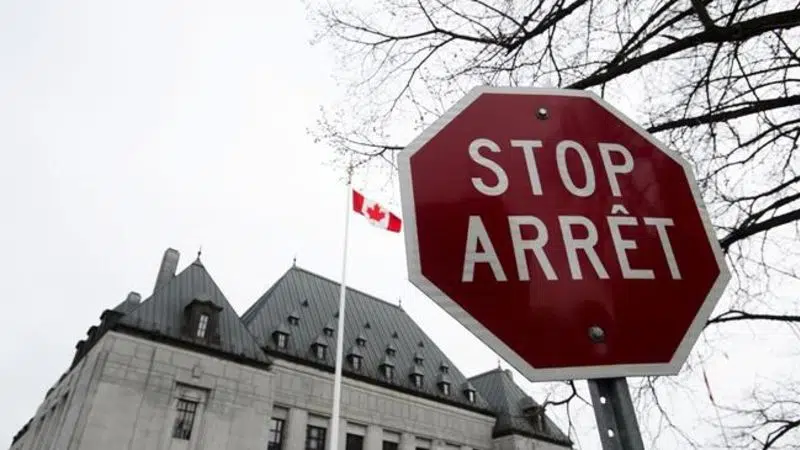
Crown seeks Supreme Court of Canada hearing in railway terror case
OTTAWA — The Crown is asking the Supreme Court of Canada to review an appeal court’s decision to order a new trial for two men convicted of plotting to crash a Via Rail train.
In a written submission to the high court, federal lawyers say the Ontario Court of Appeal overturned the convictions on the basis of a “highly technical error” in the jury selection process that did not interfere with the fair-trial rights of either man.
Raed Jaser and Chiheb Esseghaier were found guilty in 2015 on terror-related charges arising from an al-Qaida-inspired plot to derail a passenger train travelling between the United States and Canada. Both were sentenced to life in prison.
In August, the appeal court ordered a fresh trial for the men on grounds the jury that convicted them was improperly chosen.


